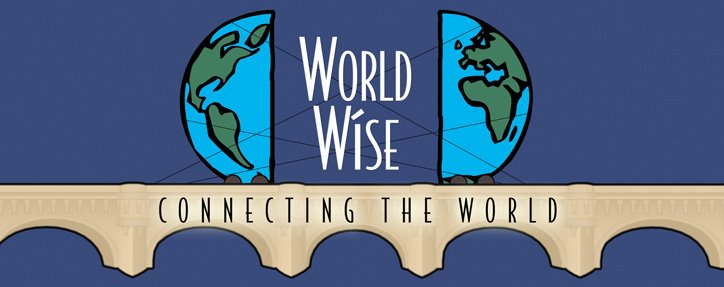Sunday, October 27, 2013
What's Happening this week?
Did you know that Turkmenistan celebrated its National Day today, October 27? That there will be a marathon in Dublin tomorrow or that on October 31, children will dress in costumes as Halloween is celebrated in the United States?
Knowing what's happening around the world can interesting and essential. If you are traveling for business of pleasure it’s you'll want to know if businesses will be closed for a holiday, or roads blocked by thousands of runners.
How to find this information? Wikipedia lists public holidays by country. The site Election Guide (electionguide.org) tells when people are going to the polls. Bank closings and sporting events show up on Bank Holidays site. (bank-holidays.com) Check it out. Be prepared. Don't be surprised.
Sunday, October 20, 2013
Food - Too much or Not Enough?
Last week food was in the news. Not due to chicken grown in California being linked to salmonella poisoning - a big issue the weeks before at least in California.
Rather this week the highlights were food in general - both the unmet needs around the world as well as concerns about lack of healthy choices where food is abundant.
First the hopeful. October 16 was the 32nd celebration of World Food Day – something I’d never heard of. World Food Day (http://www.worldfooddayusa.org/) is celebrated honor of the founding of the Food and Agricultural organization of the United Nations in 1945. The day is recognized by organizations concerned with food security, and the availability of food for the world’s population. The Word Food Day's call to action is “Join the movement to end world hunger.”
http://online.wsj.com/news/articles/SB10001424052702304864504579141462546165166
Mexico’s concern isn't with feeding its population but with the food its people now eat. Junk food. Lots of it. The proposed taxes on junk food is an attempt to “contain runaway rates of obesity and diabetes.” According to the article “Seven of 10 adults in Mexico and a third of children are either overweight or obese.”
But it isn’t just Mexico that is struggling with the issue of what people chose to eat when there’s food. The next day the Journal (wsj.com) ran an article At McDonald’s, Salads Just Don’t Sell. The article was concerned with the fact that McDonalds recent growth has been “lackluster” and its “stock has underperformed”. One reason? The lack of success with a healthier menu. Burgers and fries still beat out salads and apple slices.
http://online.wsj.com/news/articles/SB10001424052702304384104579139871559464960
Food. Too much. Not Enough. Healthy or Tasty. Safe or Tainted. Much to consider beyond what we'll eat for our next meal.
Sunday, October 13, 2013
Which country is the best partner?
In these days when the news is filled with death, destruction, delays and dilemmas that seem impossible to resolve, its easy to forget that trade still goes on.
Moreover it possible to believe that trade will not only continue, but it will even grow and expand. Proof of that observation? Look for the news that doesn’t make it to the front page. Search and you’ll discover new trade agreements being negotiated. Choices countries must make about what group to join.
The US and the European Union (EU) are working to create one. The Transatlantic Trade and Investment Partnership. Often known by its initials TTIP, will formally link 29 countries (US and 28 members of the EU) in a “comprehensive trade and investment agreement”. According to the European Commission “The EU and the US economies account together for about half the entire world GDP and for nearly a third of world trade flows. “ http://ec.europa.eu/trade/policy/countries-and-regions/countries/united-states/
Meanwhile there’s another multi country deal being negotiated. This one, the TPP or Transpacific Partnership, will connect 12 countries: the US, Australia, New Zealand, Japan, Singapore, Malaysia, Brunei, Vietnam, Chile, Canada, Mexico and Peru - accounting for about a third of global economic output. (You may remember the US, Canada and Mexico are already trading partners bound together in an agreement known as NAFTA, the North American Free Trade Agreement. It is the world's largest free-trade area, producing $US17 trillion worth of goods and services. http://www.ustr.gov/trade-agreements/free-trade-agreements/north-american-free-trade-agreement-nafta.
These are only two of many groups forming. This week’s Economist (economist.com) discusses the expansion of regional trade agreements along with the decline in importance of multilateral ones. As example of the complexities that now arise it describes the decision that Ukraine must face. According to the article Ukraine is on the verge of signing a deal with the European Union. However, Russia appears o be applying some pressure to have Ukraine join its customs union with other former Soviet republics. http://www.economist.com/news/special-report/21587380-multilateral-trade-pacts-are-increasingly-giving-way-regional-ones-my-backyard
With a regional focus increasing how does a country decide what will be best for its long-term growth and development? Where to connect to support the growth in trade and jobs?
Subscribe to:
Posts (Atom)







